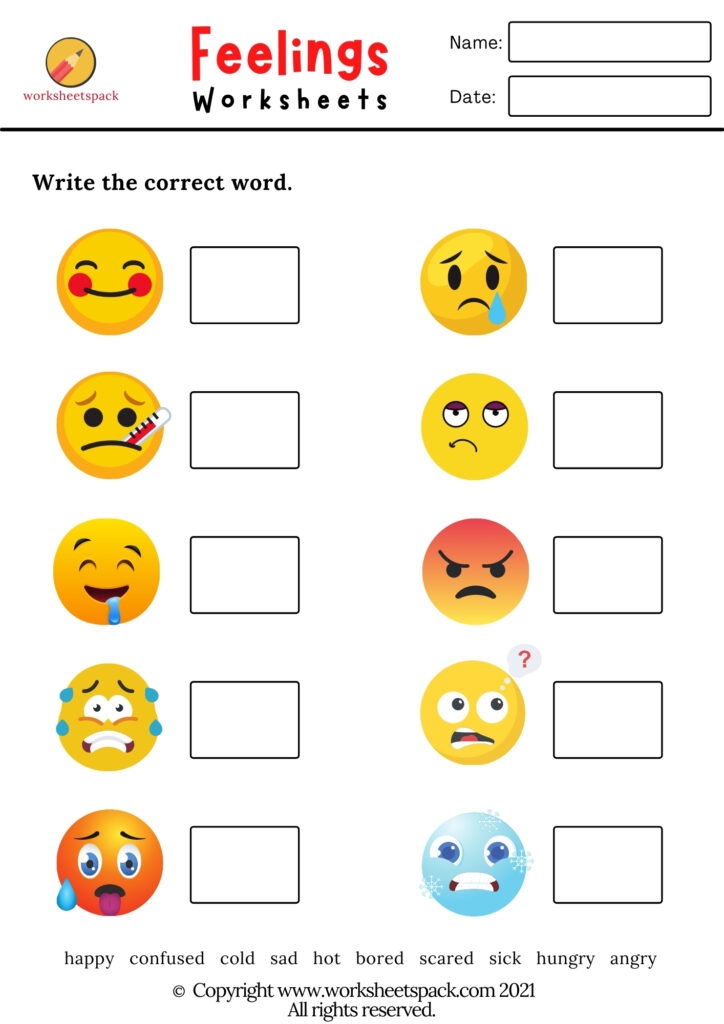Kindergarten is a crucial time for children to learn about their emotions and how to express them in a healthy way. One effective way to help them understand and identify different emotions is through matching emotion worksheets. These worksheets are designed to engage children in a fun and interactive way, while also teaching them important emotional skills.
By matching different facial expressions with corresponding emotions, children can begin to recognize and label their own feelings as well as understand the emotions of others. This activity can help improve their emotional intelligence and enhance their social skills, setting a strong foundation for their emotional development.
Matching emotion worksheets typically include a variety of emotions such as happy, sad, angry, surprised, and confused. Children are tasked with matching each emotion to the correct facial expression, helping them associate specific feelings with certain cues. This hands-on activity allows them to practice recognizing emotions in themselves and others, fostering empathy and emotional awareness.
As children engage with these worksheets, teachers and parents can also use this opportunity to have meaningful conversations about emotions. By discussing why certain facial expressions correspond to specific feelings, adults can help children deepen their understanding of emotions and how to respond to them appropriately. This can lead to better communication and conflict resolution skills in the future.
Overall, matching emotion worksheets for kindergarten are a valuable tool in helping children develop emotional intelligence and social awareness. By engaging in this activity, children can learn to identify and express their feelings in a healthy way, laying the groundwork for strong emotional well-being throughout their lives.
Through the use of these worksheets, children can begin to build a solid emotional foundation that will serve them well in their personal relationships and academic success. By starting early with teaching emotional skills, we can empower children to navigate their emotions effectively and lead fulfilling lives.
